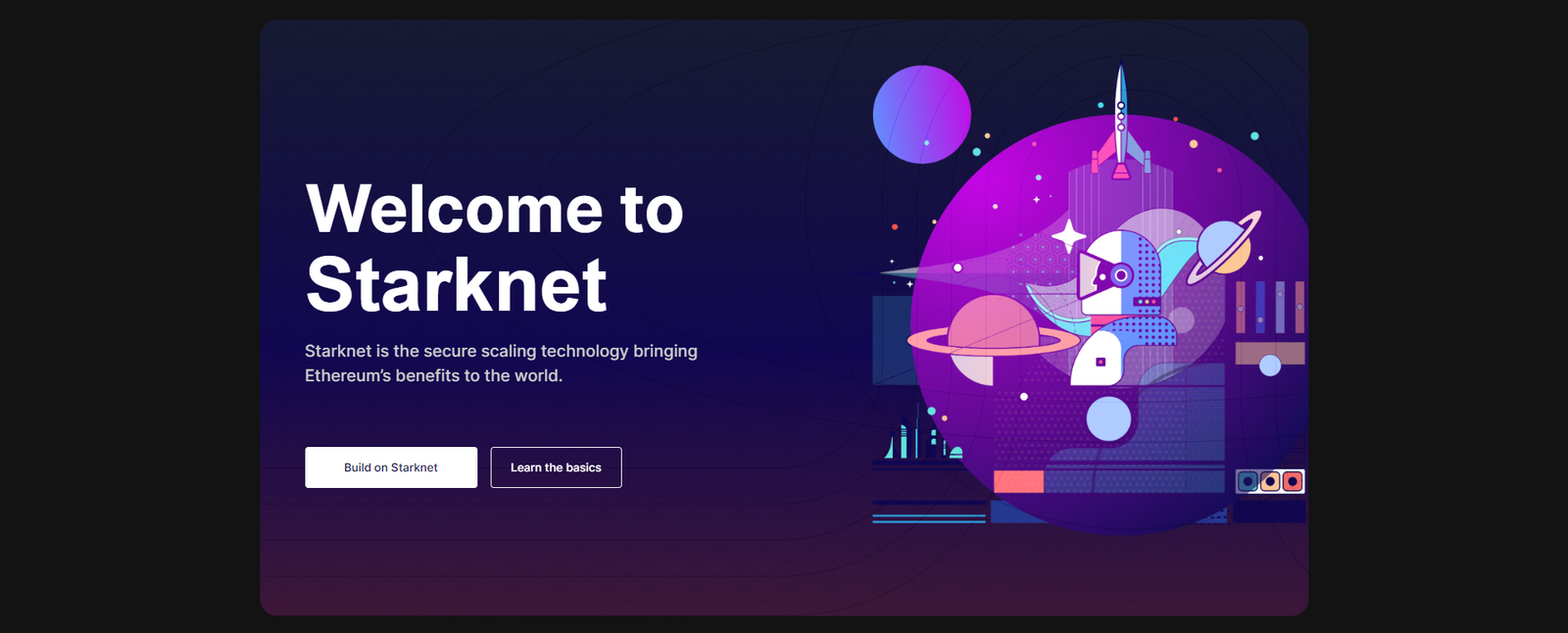Unraveling Starknet’s Impact on Ethereum: A Deep Dive into Cairo Language and STARKs
In the realm of Ethereum, Starknet, a Layer 2 scaling solution engineered by StarkWare, stands as a beacon of innovation. Its arsenal includes the bespoke Cairo programming language and the formidable STARKs cryptography, poised to revolutionize the landscape of DeFi with heightened security and efficiency.
Synopsis:
Starknet, the brainchild of StarkWare, is a Layer 2 scaling solution for Ethereum. Its backbone is the cutting-edge Cairo programming language, developed to elevate the creation of smart contracts and decentralized applications (dApps) with an emphasis on both efficiency and security. The live deployment on the mainnet ushers in a new era, employing STARKs (Scalable Transparent ARguments of Knowledge) to shift transaction processing off the Ethereum blockchain. This strategic maneuver not only fortifies security but also dramatically reduces transaction fees, making the system more accessible. The current Total Value Locked (TVL) of $31.52 million speaks volumes about its adoption and the trust it commands within the crypto community. These metrics are a testament to Starknet’s operational prowess and potential, with a thriving ecosystem of developers and burgeoning applications poised to redefine decentralized finance (DeFi).

Unpacking Starknet’s Mechanics:
Starknet operates as a permissionless decentralized ZK-Rollup, a Layer 2 scaling solution that enhances Ethereum’s efficiency by enabling more streamlined transaction processing. By capitalizing on zero-knowledge proofs, particularly STARKs, Starknet has the ability to amalgamate thousands of transactions off-chain, submitting a single irrefutable proof to Ethereum. This not only alleviates network congestion but also guarantees the confidentiality and security of transactions.
Here’s a closer look at how Starknet accomplishes this feat:
- Batch Processing: Starknet consolidates multiple transactions into a single batch, significantly reducing the data load on the Ethereum mainnet.
- Cairo Programming Language: This bespoke language is the cornerstone for writing scalable smart contracts and facilitating the development of various decentralized applications.
- Zero-Knowledge Proofs: STARKs come into play to validate transaction batches, ensuring security without divulging underlying transaction data.
- Decentralization: As a permissionless layer, Starknet opens its doors to any participant without necessitating authorization, upholding the core tenets of blockchain decentralization.
- Gas Efficiency: By delegating computational tasks away from Ethereum, Starknet trims down the requisite gas fees for individual transactions, making processes more cost-effective.
- Security: Inheriting the robust security of the Ethereum network, Starknet amplifies privacy and scalability through its advanced cryptographic methods.
In adopting this multifaceted approach, Starknet not only amplifies Ethereum’s scalability but also upholds the network’s security and decentralization, driving broader adoption of blockchain technology.

Navigating Starknet’s Risks:
While Starknet offers a plethora of features and advantages, it is not without its share of risks. Presently, Starknet operates with a single sequencer, a potential single point of failure. In the event of sequencer downtime or censorship, there exists no fail-safe mechanism to ensure transaction inclusion. Additionally, Starknet’s system permits code alterations without prior notice, posing a risk of arbitrary modifications to the system’s security. The reliance on the proper implementation of zkSTARKs proof system adds an additional layer of risk. While zkSTARKs are robust, they are intricate and relatively new, warranting careful execution to avoid potential fund loss. Another concern is the permissioned nature of certain operations within the Starknet ecosystem, potentially leading to withdrawal freezes in the case of proposer failure.

Starknet vs. Other ZK Layer 2 Solutions:
Starknet distinguishes itself in the realm of zero-knowledge (ZK) layer 2 solutions through its unique methodology and proprietary technology. The term “zero-knowledge” pertains to the cryptographic proof mechanism enabling these networks to process transactions off the primary Ethereum blockchain, ensuring scalability while safeguarding security.
Here’s where StarkNet carves its niche when compared to other ZK Layer 2 solutions:
- Cairo Language: StarkNet sets itself apart with Cairo, a programming language tailor-made for STARK proofs, empowering the creation of more intricate and efficient smart contracts.
- STARK Proofs: Opting for STARK proofs differentiates StarkNet from other ZK Layer 2s that may opt for SNARKs. STARKs offer quantum resistance and eliminate the need for a trusted setup, positioning Starknet as a more secure and forward-thinking protocol.
- Scalability and Efficiency: Starknet excels in scalability and maintains low transaction costs through its unique approach to transaction batching and off-chain processing, adeptly resolving congestion issues commonly associated with Ethereum.
- Decentralization and Permissionlessness: Starknet’s architecture places a more explicit emphasis on decentralization and permissionless access compared to some other ZK Layer 2s, underscoring its commitment to foundational blockchain values.
In summation, Starknet’s distinguishing features—its bespoke Cairo language, the embrace of STARK proofs, and its unwavering focus on scalability, decentralization, and nurturing a developer-friendly ecosystem—underscore its growing adoption metrics, solidifying its position as a trailblazer in the blockchain sphere.
Starknet’s DeFi Landscape:
Within the Starknet DeFi ecosystem, various protocols exhibit a mixed performance. As of the latest data snapshot, the Total Value Locked (TVL) stands at $31.52 million, with stablecoins commanding a market capitalization of $3.16 million. Over the last 24 hours, the ecosystem has seen a trading volume of $12.93 million.
Key protocols within the Starknet DeFi ecosystem include JediSwap, mySwap, zkLend, 10KSwap, and Ekubo, each boasting varying degrees of TVL and recent performance metrics. JediSwap leads the pack with a TVL of $9.2 million, albeit experiencing a 34.27% decline over the last month. Concurrently, mySwap and 10KSwap have TVLs of $7.65 million and $4.33 million, respectively, both witnessing declines over the same period. In stark contrast, zkLend shines with a 6.23% surge in TVL, reaching $4.89 million.
Comparatively, Starknet’s mainnet performance in terms of engagement, TVL, and applications has lagged behind zkSync and Scroll’s launches. For context, zkSync presently boasts over $435 million in total value locked, while Scroll has accrued $40 million within its initial two weeks.

The Potential Airdrop of a Starknet Token:
Starknet’s trajectory envisions its transformation into a decentralized entity akin to Ethereum. This vision pivots on the introduction of the StarkNet Token, earmarked for staking, governance, and transaction fees, as outlined in their decentralization blueprint. A native token serves as a vital tool for rewarding community members and safeguarding StarkNet against external economic shocks. As of now, StarkNet and StarkEx transactions do not necessitate the use of the StarkNet Token, with Ether (ETH) being the accepted currency.
While there’s no definitive confirmation of a Starknet token airdrop, individuals should exercise caution against scams and misleading claims. Detailed information regarding token distribution, circulation, and total supply can be found in the official blog. The allocated tokens are subject to a four-year lockup with conditional releases, rendering them restricted for trading. The initial supply of ten billion tokens may increase as the protocol issues new tokens, though specifics remain undetermined.
The Architects Behind Starknet:
Starknet bears the signature of StarkWare, a company specializing in scaling solutions for blockchain technology. The brain trust behind StarkWare comprises Eli Ben-Sasson, Uri Kolodny, Michael Riabzev, and Alessandro Chiesa. With extensive experience in computational integrity and privacy, this team brings formidable expertise to the development of Starknet. The network harnesses the potency of STARK technology, a zero-knowledge proof mechanism, to elevate the scalability and privacy of blockchain transactions.
In Closing:
In summation, Starknet, the brainchild of the pioneering minds at StarkWare, emerges as a formidable contender in the Ethereum ecosystem. By harnessing the potent STARK technology and the bespoke Cairo programming language, it not only bolsters scalability, security, and efficiency but also shapes the future of decentralized finance. Starknet’s role in nurturing a robust DeFi ecosystem, coupled with its resolute commitment to decentralization, positions it as a pivotal player in the blockchain landscape. Its potential for further growth and evolution continues to captivate the crypto community, marking it as a beacon of promise for the future of decentralized finance.



